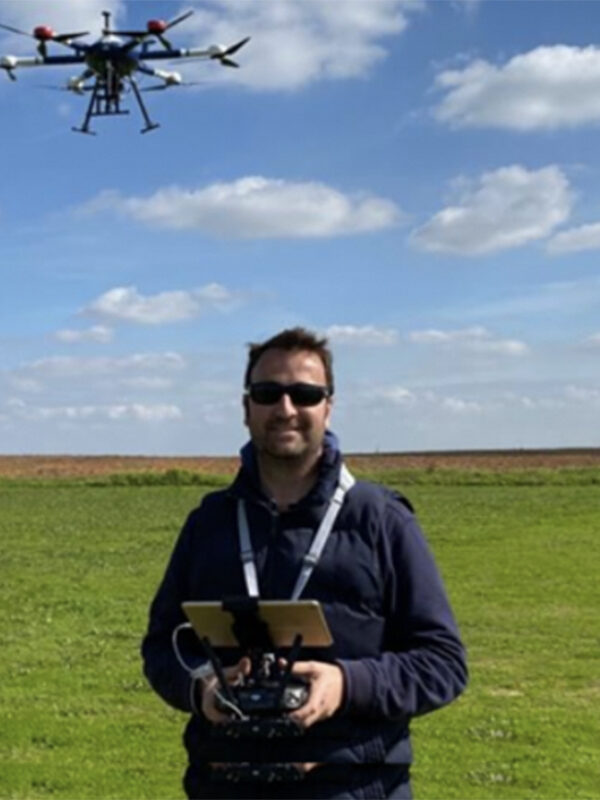Earth Observation Unit from the Ecosystems and Oceanography Group, ICMAN, CSIC
Ecosystems and Oceanography research group carries out projects aimed at providing a comprehensive understanding of the responses of the coastal zone both to human actions and to accelerating climate change, by means of the thorough analysis of interactions between marine biogeochemical cycle and the pelagic ecosystem.
Website
Gabriel Navarro
Position: Researcher/Principal investigator


He received the Marine Science degree in 1999 (1st College Award) and the PhD in Oceanography in 2004 from the University of Cádiz. During the development of his Ph. D. Thesis he acquired a broad experience in performing oceanographic field studies, applying simultaneously remote sensing to geophysical research in the Gulf of Cadiz (SW Spain). Between 2005-2012, he works as a Research Assistant with a permanent position in the Department of Ecology and Coastal Management at the ICMAN-CSIC, being in charge of the Remote Sensing Service, that constitutes the first Ocean Colour Service at the CSIC and it is aimed at providing fully processed images to the Spanish oceanography community. Since 2012, Dr. Navarro works as a Tenured Research at the ICMAN-CSIC. He has been the PI of grants supported by the European Space Agency (ESA), the Spanish Ministry of Economy and Competitiveness and the Regional Government of Andalusia.

Isabel Caballero de Frutos
Position: Tenured scientist


Dr. Isabel Caballero de Frutos is tenured scientist working as Principal Investigator of several projects in the Ecosystems and Oceanography Research Group at the Institute of Marine Sciences of Andalusia (ICMAN-CSIC). Her research line is broadly focused on applying remote sensing techniques and cutting-edge science to study aquatic environments, including wetland, estuarine, inland, coastal and offshore ecosystems, to improve understanding of marine processes and support coastal management. Thanks to a postdoctoral award of the U.S. National Academy of Sciences, Medicine and Engineering, Isabel Caballero worked at NOAA (2017-2019) under the supervision of Dr. Richard P. Stumpf. Currently, Dr. Caballero is implementing methodologies for the application of the Sentinel-2 and Sentinel-3 fleet of the European Copernicus programme to improve coastal monitoring, specifically water quality and sea bottom mapping. Dr. Caballero aims at highlighting the promising capability of this enhanced information to support cost-effective management for innovative Earth Observation initiatives focused on studying the response of estuarine and coastal ecosystems to global change.
Back





